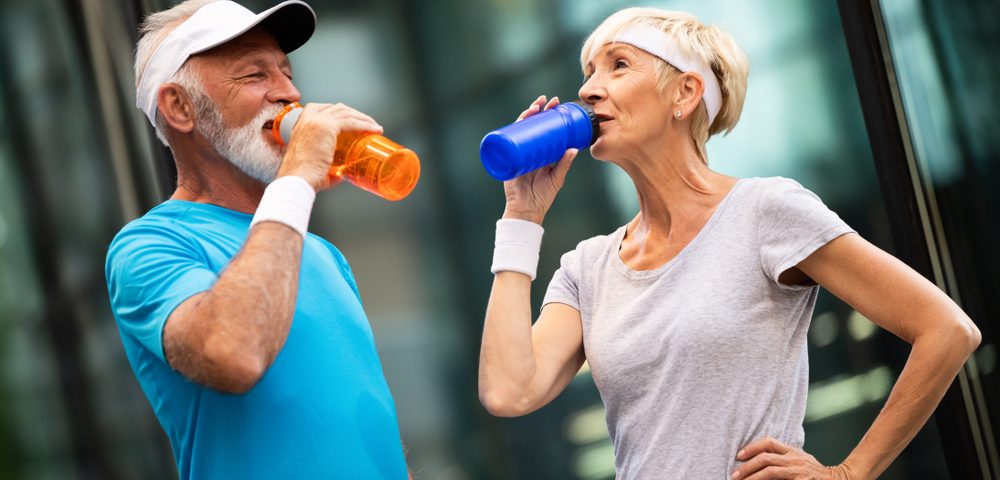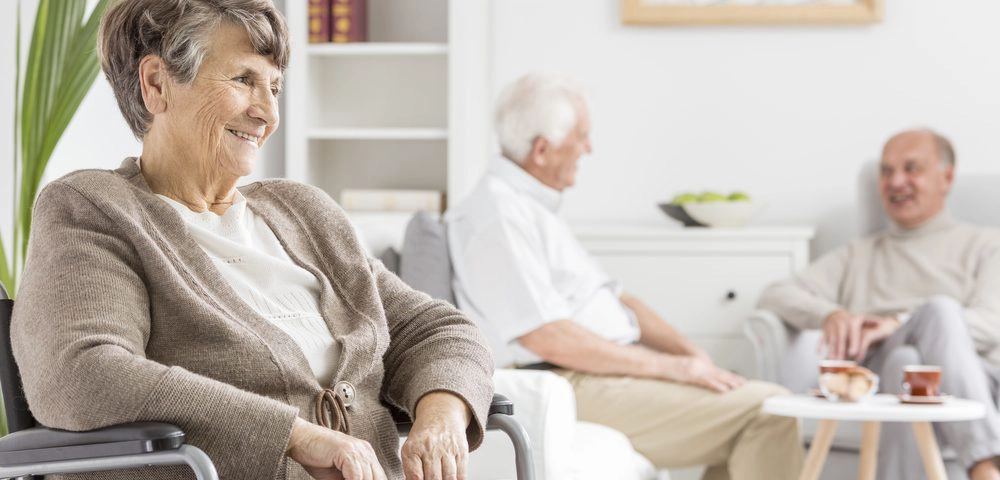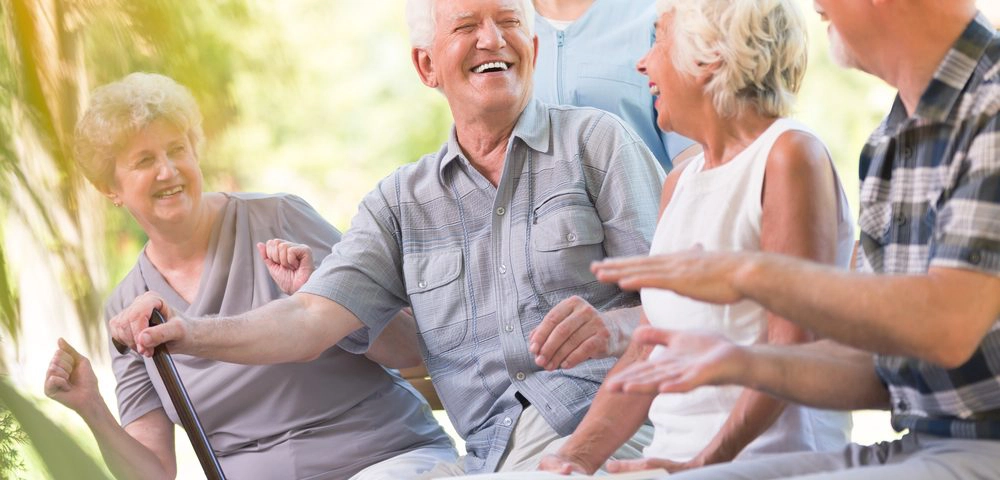by GC-admin
Share
by GC-admin
Share

The Utah summer is known to be hot and dry, and staying hydrated is an important consideration for anyone who lives here. This is especially true for those who may be at risk for a variety of medical or health conditions, and one group that should be particularly cognizant of hydrating is seniors and their caregivers.
At Cozy Retire, our caring services throughout our assisted living communities include numerous areas, and helping our guests with basic hydration and nutrition is definitely among them. Why is hydration so important in seniors to begin with, what are some signs of dehydration that caregivers and seniors themselves should be on the lookout for, and what are some simple tips on maintaining senior hydration this summer? Here’s a basic primer.
Why Hydration Matters for Seniors
For those who are 65 years and older, it’s estimated that around 30% of seniors are chronically dehydrated. That’s a lot of people, and it’s a problem that can have some pretty serious consequences. These include everything from cognitive decline to kidney stones, UTIs, falls, and more.
Dehydration occurs when the body does not have enough fluids to function properly, and it can happen for a variety of reasons. As we age, our bodies become less efficient at retaining water, we may not feel thirsty as often, and medications that are common in older populations (such as diuretics) can also contribute.
What Are the Signs of Dehydration?
Caregivers and seniors themselves should be on the lookout for some common signs and symptoms of dehydration, which include:
-Dry mouth
-Fatigue or lethargy
-Headache
-Dizziness or lightheadedness
-Confusion or disorientation
-Reduced urine output or dark urine
If you notice any of these signs in yourself or a loved one, it’s important to take steps to rehydrate as soon as possible.
Tips for Staying Hydrated This Summer
There are some easy things that everyone can do to stay hydrated, and these are especially important for seniors. Be sure to:
- Drink plenty of fluids during the day, and don’t wait until you’re thirsty to drink.
- Opt for water or other unsweetened beverages whenever possible.
- Drink small amounts frequently throughout the day, rather than large amounts all at once.
- If you’re exercising or spending time outside in the heat, be sure to drink even more than usual.
- Include foods with high water content in your diet, such as fruits and vegetables.
- Talk to your doctor about medications you’re taking and whether they might contribute to dehydration.
- If you have trouble drinking enough fluids or have a medical condition that makes hydration more difficult, talk to your doctor about other options, such as intravenous fluids.
By adhering to these simple tips, you can help yourself or a loved one stay hydrated and healthy all summer long.
For more on this, or to learn about any of our assisted living or senior care programs, speak to the team at Cozy Retire today.
The post 3 Tips on Seniors Staying Hydrated This Summer appeared first on Cozy Retire.
STAY IN THE LOOP
Subscribe to our free newsletter.
Leave A Comment
There are many questions that people tend to have when it comes to a potential move of a senior into an assisted living community, and some of these naturally tend to revolve around costs and how they will be covered. One particularly common such question: Will Medicare pay for assisted living? At Cozy Retire, we’re
There are several common questions that often arise regarding financial areas when you or someone in your family is considering a move to an assisted living facility, and one of the most frequent is this: Is assisted living tax deductible? The answer is often yes, though there are some important nuances to be aware of.
There are a few decisions that can be naturally difficult to make in our lives as we age, and one of these for those who are approaching or have already entered senior age range is a potential move to a retirement community. While this is a step that some people resist for understandable reasons, there
While there’s often a natural and understandable focus on many areas of physical health among seniors and older adults, the realm of mental health is also one that should never be forgotten about in these age ranges. Mental health is just as important as physical health, and the two often go together – and there



